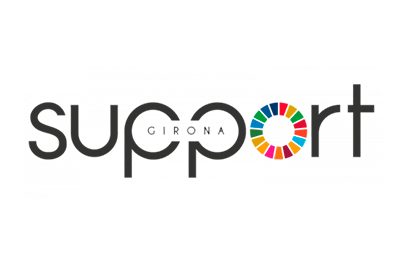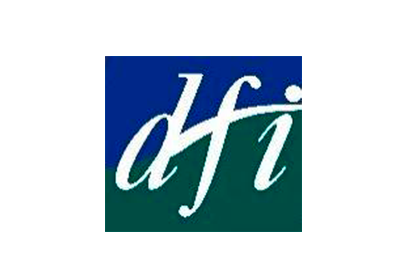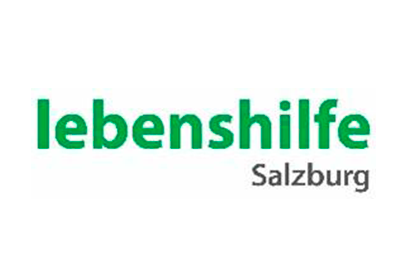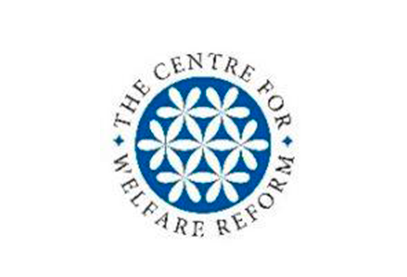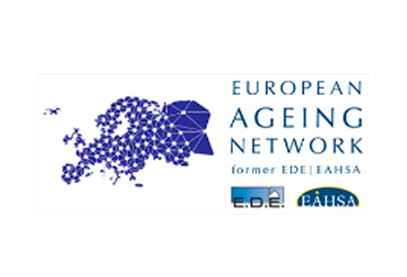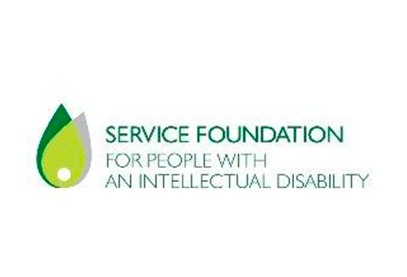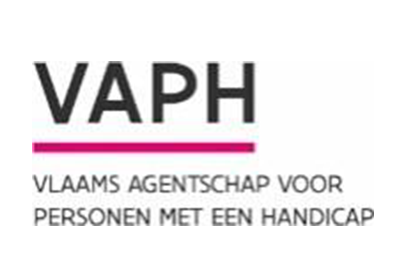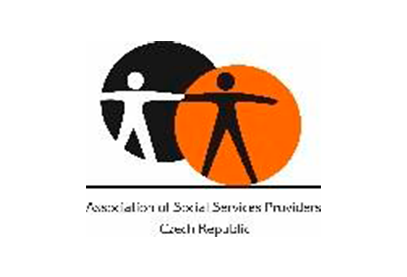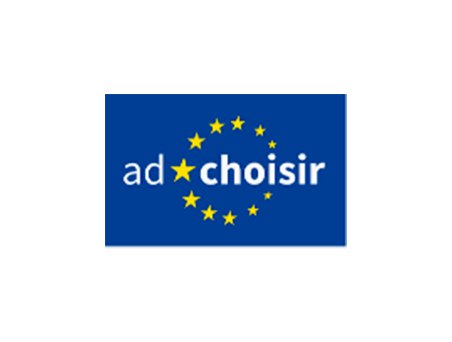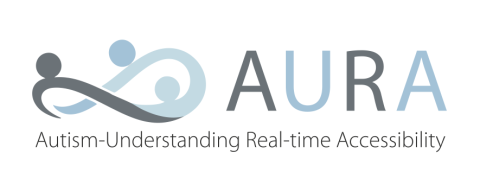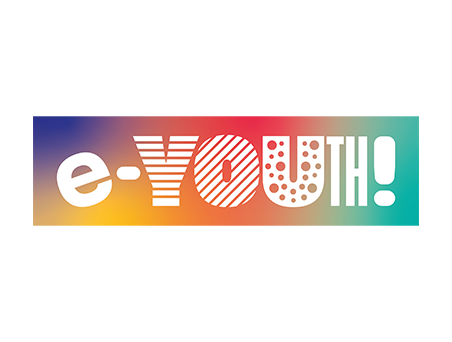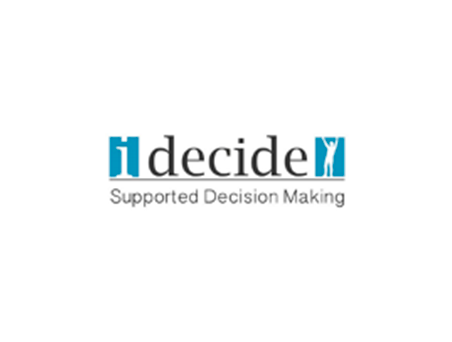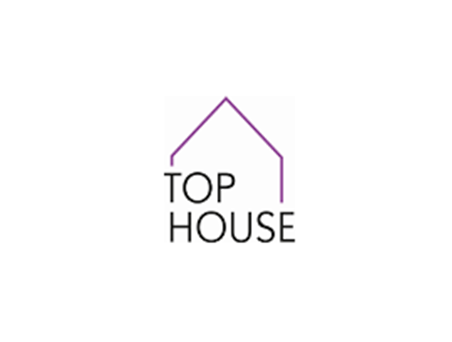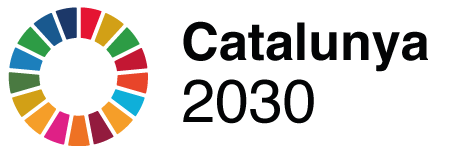Global, flexible and individual support

Towards user-centred funding models for long-term care.
With the financial support of the European Union Programme for Employment and Social Innovation (EaSI, 2014–2020, grant agreement VS/2020/0265),
The UNIC project aims to develop, test and validate innovative tools that facilitate the implementation of innovative financing models based on the concept of personal budgets. Moreover, the UNIC project will offer tools to public authorities in order to address the comprehensive reform of long-term care and support systems by consolidating user-centred funding systems and models. The tools will be tested for 12 months in Belgium by the Flemish Agency for Persons with Disabilities (VAPH) and will be adjusted and transferred according to the contexts of Austria, Catalonia, Finland, and the Czech Republic.
Goals
- To map the financing models of existing long-term care and support services by giving special attention to personal budget systems throughout the European Union and identifying the enabling elements as well as the barriers to their development
- To develop guides and/or challenge-response protocols that respond to the challenges of design, implementation, and assessment of a long-term care financing model centred around the user and based on personal budget systems; the challenges identified in the convening are:
- Accessibility and affordability: financing, provision, and personal income
- Sustainability: cost, investment, and impact on non-formal care
- Employment and employability: professionalisation of the workforce, development of skills, recruitment, and retention
- Quality: high quality care, service integration, and quality standards
- To develop a set of innovative tools in order to support the design, implementation, and assessment of personal budget systems or schemes
- To increase the capacity of the different actors and key actors as well as establishing intersectoral alliances for the design, development, implementation, and assessment of personal budget systems by looking for methodologies to integrate them with other community-based services
- To develop a results-based planning, assessment, and validation model in order to analyse and measure the impact of long-term care personal budget models or schemes
- To design a transferable and scalable model capable of expansion in order to use EU funds and financial instruments, particularly ESIF and EFSI
Results of the UNIC Project
- Framework and context
- Best practice model report on personal budget systems
- Roadmap of the guide and/or challenge-response protocols
- UNIC tools
- Tool for quality monitoring
- Tool for service provision
- Tool for regulatory compliance guarantee
- Piloting and assessment
- Piloting of UNIC tools in Belgium
- Transferability
- Transferability guide
- Transferability seminars in AT, CZ, ES, and FI
- UNIC transferability study
- Diffusion and spreading
- National and European conferences
Duration
UNIC will last 36 months, from October 2020 to September 2023.
Partners
- Belgium – European Association of Services Providers for Persons with Disabilities, Project coordinator Luxembourg – European Aging Network
- United Kingdom – Centre for Welfare Reform
- Ireland – Disability Federation of Ireland
- Belgium – Flemish Agency for Person with a Disability
- Czech Republic – Association of Social Care Providers of the Czech Republic
- Spain – Support-Girona
- Finland – Service Foundation for People with in Intellectual Disability
- Austria – Lebenshilfe Salzburg
Contact
UNIC - Projecte

Support from the European Union Programme for Employment and Social Innovation (EaSI, 2014–2020)
